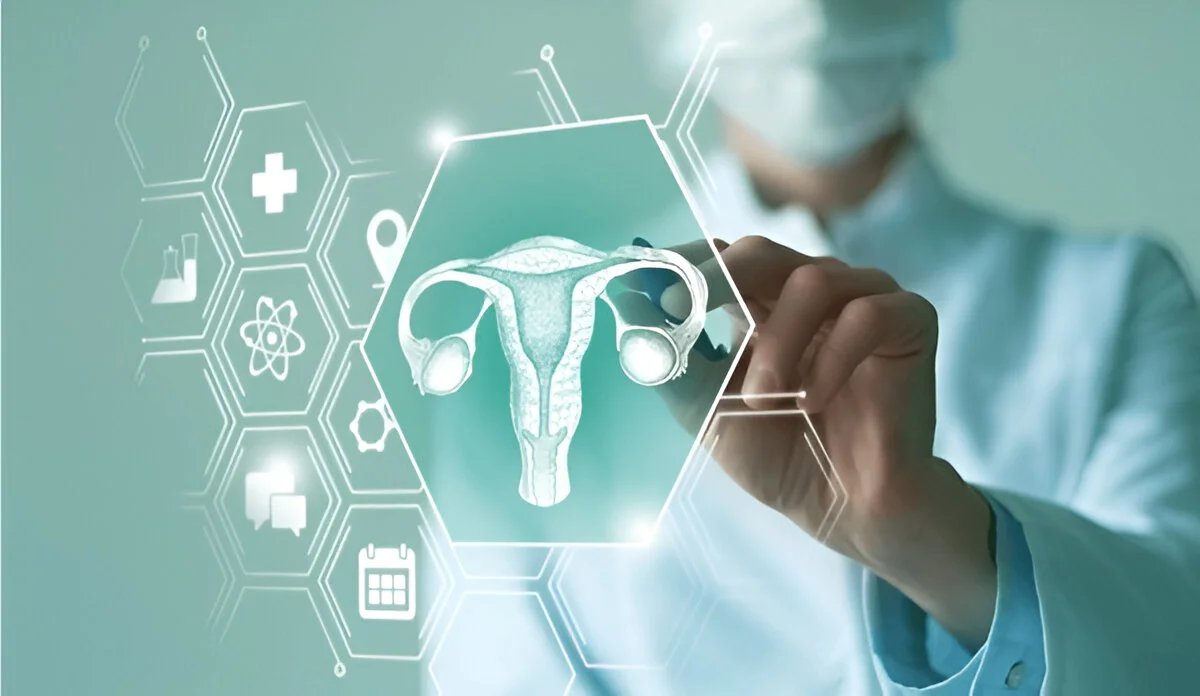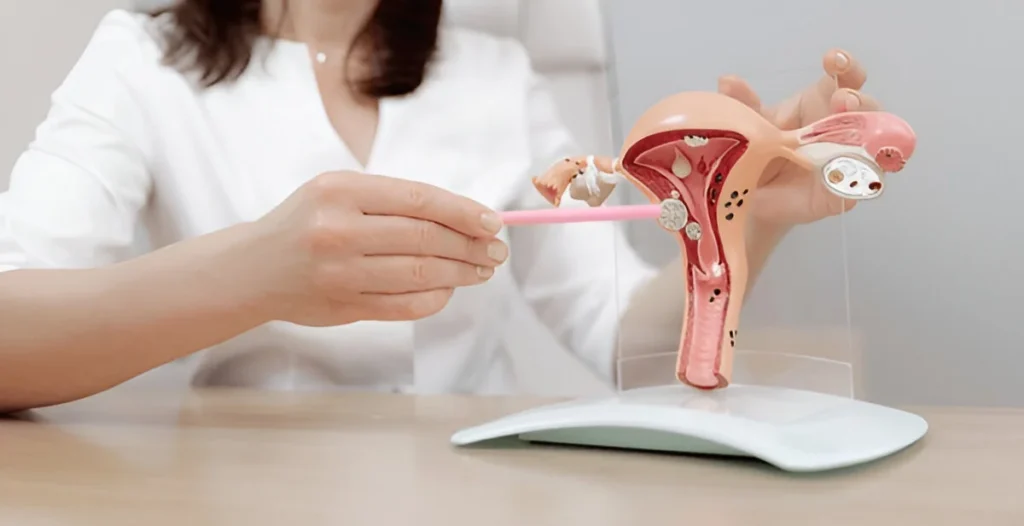-
Ganesh Talkies, Kolkata
Ganesh Talkies, Kolkata

Cervical cancer can be detected early with the right screenings. Learn how top gynecologists and healthcare experts approach early diagnosis to improve outcomes for women.

Cervical cancer is one of the few types of cancer that is highly preventable and curable when detected early. Despite advancements in women’s healthcare, many women in India still miss out on timely screenings due to lack of awareness, cultural hesitation, or fear of results.
But here’s the truth: Early detection doesn’t just improve treatment outcomes—it can save lives.
This type of cancer develops in the cervix—the lower part of the uterus. In most cases, it’s linked to persistent infection with the human papillomavirus (HPV), a common sexually transmitted infection. Not all HPV types cause cancer, but certain high-risk strains are responsible for the majority of cases.
Risk factors include:
Early stages of cervical cancer often have no noticeable symptoms. That’s why routine screening is crucial. However, as the disease progresses, symptoms may include:
These signs should prompt immediate consultation, especially from a gynecologist with the clinical expertise and empathy needed to guide you through early detection and care.
Early detection largely depends on regular screening and paying close attention to your body. Here’s how you can stay ahead:
This is the most common and effective screening tool. A small sample of cervical cells is collected and examined for abnormalities. It can detect precancerous conditions long before they turn cancerous.
This test checks for the presence of high-risk HPV strains. It’s often done alongside a Pap smear, especially for women over 30.
If abnormal results show up in a Pap test, a colposcopy allows the doctor to closely examine the cervix using a magnifying instrument.
If any suspicious areas are identified during a colposcopy, a tissue sample is taken for further evaluation.
Early detection isn’t just for women with symptoms—it’s essential even if you feel perfectly healthy.
Regular screenings are a must for:
Even if you’ve had the HPV vaccine, screenings should not be skipped.
It’s always wise to discuss a personalized screening schedule with a trusted specialist.
Besides regular screenings, certain lifestyle and preventive steps can make a difference:
While awareness is the first step, having a compassionate and skilled gynecologist by your side makes all the difference. From helping women overcome fear of screening to explaining results clearly and creating customized treatment plans, top gynecologists offer both clinical expertise and emotional assurance.
Whether it’s guiding a young woman through her first Pap smear or offering ongoing care to someone at higher risk, such professionals embody what modern gynecology should be: a blend of science, empathy, and trust.

Q1: At what age should I start cervical cancer screening?
Answer: Most women should begin screening at age 21, regardless of sexual activity. Earlier tests may be needed if you’re immunocompromised.
Q2: Is the HPV vaccine effective in preventing cervical cancer?
Answer: Yes, the vaccine protects against the most high-risk HPV strains, significantly lowering your risk, though regular screening is still important.
Q3: Is a Pap smear painful?
Answer: It may cause mild discomfort but is not typically painful. The procedure is quick and can be life-saving.
Q4: Can cervical cancer be cured if detected early?
Answer: Yes. Early-stage cervical cancer often responds very well to treatment, which may include surgery, radiation, or chemotherapy.
Q5: How do I know which test I need?
Answer: Your gynecologist will determine the best test based on your age, sexual history, and previous screening results.
Cervical cancer doesn’t announce its arrival loudly. But when caught early, it becomes one of the most treatable forms of cancer. Your health deserves more than reactive care—it requires proactive attention.
Routine screenings, HPV vaccinations, and honest conversations with a skilled gynecologist can collectively safeguard your future. Remember, being informed is not just about knowing the disease—it’s about being empowered to prevent it.